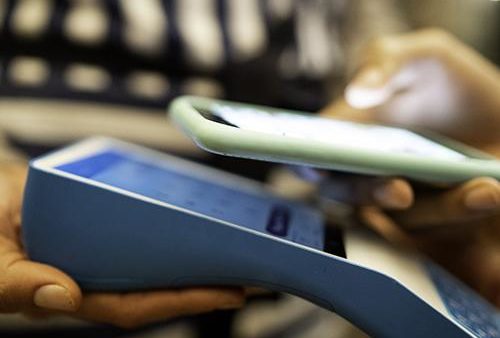Purchasing a new POS system which includes selecting and implementing, can be a nerve-wracking process for retailers. The right POS platform should combine commerce, customer engagement, inventory and fulfillment into a single omnichannel system across multiple locations, store formats and even franchise partners.
In addition to driving sales, a quality POS platform should deliver personalization for in-store and online shopping, and leverage customer loyalty.
Purchasing a new POS system that turns out to be the wrong one can cause serious (and expensive) issues. To avoid these incremental costs and failures, here are some tips to keep in mind when choosing a new platform.
1. OPTIMIZED INTEGRATION
It is easy to be distracted by the flashy technological features of a new POS platform, but retailers need to verify that the system can, first and foremost, integrate into their current operations. Easy integration into a retailer’s current systems is essential in order to create an omnichannel approach to payment and management, as well as to provide customers with a seamless shopping experience across all retail networks.
In addition, a quality POS platform needs an integration-friendly approach for the way technology trends are moving — it needs to work not only with established operations, but also with newer systems that retailers might bring on as the space advances, including mobile-based POS, scan-and-go apps, and SaaS or cloud-based solutions.
2. LONGEVITY AND SCALABILITY
In addition to keeping up with the trends of the larger retail industry, owners need to make sure the system is robust, scalable and flexible so it can evolve as the specific business grows. POS platforms are a commitment. Instead of a buying decision based on immediate requirements only, retailers need to think about future growth and possible impact.
This POS longevity includes everything from supplemental registers to the adoption of an open tech stack so independent developers can easily develop apps that business owners can add to their system. Focusing only on feature functionalities can be a huge mistake, as retailers can’t afford to underestimate the importance of the post-sales, implementation, training and support process.
Retail locations need their POS to be running smoothly and efficiently at all times, ideally for months and years after implementation.
3. UPFRONT SUPPORT AND FUNCTIONALITY
To avoid hidden costs, owners need to beware of situations where the base POS package is suspiciously cheap, but ultimately requires the purchase of costly add-on modules to get standard enterprise functionality. Ironically, the costs associated with these “budget” packages’ software and hardware upgrades can surpass alternative options whose full cost is disclosed upfront. If an offer seems too good to be true, it probably is.
Another factor that many retailers fail to consider is POS support. Since the base offering for support is often just open forums, they are not a feasible option for businesses who experience regular crises.
For example, if one of these standard systems malfunctions, the manager is forced to spend valuable time and energy trying to fix it through user forums and self-help sites. In addition to quality onboarding, large retailers need a support package that includes an associate on the phone who can offer technical support and lead them toward a specific solution quickly.
4. TEAM INVOLVEMENT
The feedback from employees and team members in different departments is incredibly valuable as they are the ones with hands-on experience in the everyday operation of the retail business. The employees will use the POS system the most, and therefore will be able to provide accurate feedback about everything from customer interactions to inventory resources.
In addition to their own team, retailers shouldn’t hesitate to ask tough questions during the buying process by inviting a representative from the POS company’s team to interact with their staff and test functionality against the operation’s day-to-day needs. By involving both teams in the buying process, retailers will have a better chance of making sure POS issues aren’t repeated.
5. CUSTOMER ANALYTICS
Since a quality POS platform is loaded with powerful analytic functionalities that help better manage the business, retailers need to choose the right POS platform to support their present and future data requirements. Through understanding what types of reports are available, the owner can better match the system to their business needs. These consumer reports help the business continue to perform successfully and grow after it makes the transition from one system to another.
As POS platforms become more and more advanced, retailers have the chance to create an omnichannel system that improves their business in every way. By planning, evaluating, and assessing business requirements, the implementation process and organizational constraints ahead of time, retailers can be confident in their choice and avoid unnecessary costs and operational issues further down the road.
Original source: https://risnews.com/5-things-keep-mind-when-purchasing-new-pos-system



